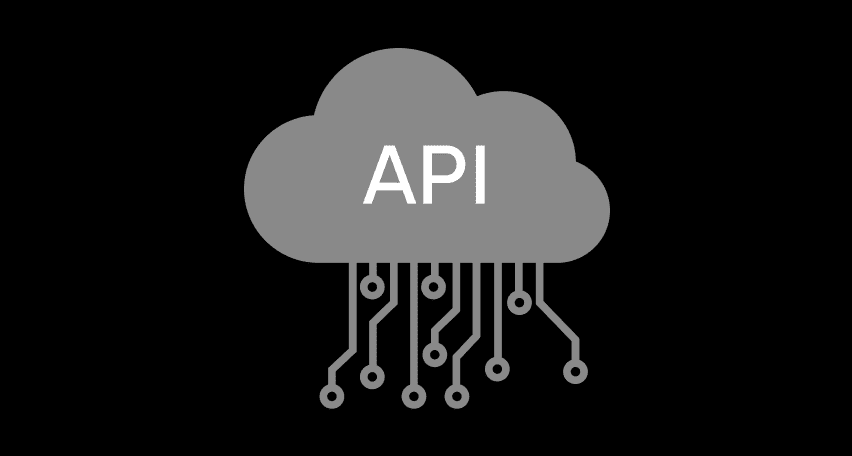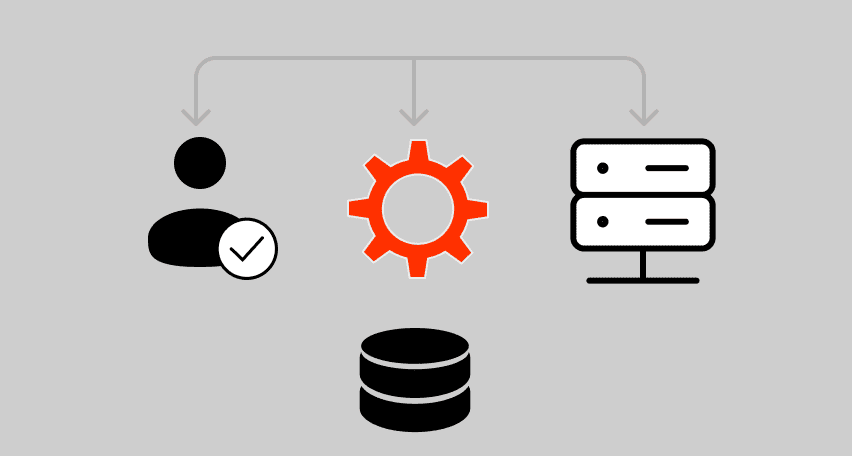| Name | Description | Area of implementation |
| SOAP/REST-based transaction processing emulator (ISO 8583) | SOAP/REST-based transaction processing emulator (ISO-8583) implemented based on a jPOS-template; SOAP/RESTful by Apache CXF + Jetty (jPOSEE module). | Load testing transaction processing systems at banks |
| SOAP Performance emulator | Web services emulator that can exchange messages with an integration bus based on a specific scenario with specific intensity. | Load and integration testing |
| HTTP/HTTPS emulator with “two-phase” SSL | Emulator with support for HTTPS and “two-phase” SSL. | Load and integration testing |
| HSM plugin for JMeter | Plugin designed to connect Crypto API 2.0 and CryptoPro HSM through Java JNA | Load and integration testing of encrypted data streams |
| HSM emulator | HSM Thales 8000 software emulator used as stubs for an HSM (hardware security module) for a WAY4 Netserver transaction processing server. | Load testing transaction processing systems at banks |
| Deperson database anonymization on MS SQL Server | Database anonymization scripts consisting of .NET assemblies and Transact-SQL scripts. | Any project that requires data anonymization |
| VISA|MC|MK Clearing | OOP wrapper for creating clearing files. Part of a transaction emulator. | Projects that require transaction emulators |
| Express Report 3 | Generates express reports. Can create Excel files with express reports during the test. | Load testing projects that require creating reports based on the test results |
| IPython Pandas | Data analysis tool (logs and measurements) that can manipulate data (filtering, grouping, aggregation, editing) and visualize the results (graphs and illustrations) | Projects that require creating reports based on the test results |
| UniParser | Log parser with a configurable filter (line-by-line processing of text data). | Projects that require the filtering of data |
| SnapShooter | Utility for tracking changes in configuration files with the ability to restore a previously created copy (snapshot). | Projects with a frequently changing test environment |
| WebSphere log parser | The parser can use SQL (SELECT + DML) operators to select lines from log files from a certain time interval, replace attributes in the selected queries, and write the results to a separate file. | Projects that use IBM WebSphere |
| PLOracleSniffer2 | Java application (J2SE-1.5) that listens to network traffic using the WinPcap library. | Projects that require capturing, decoding, and storing network traffic between an application and an Oracle server. |
| Utility for writing scripts using the .NETRemoting protocol | The utility is located between the client (which is being written) application and the server. The client application is configured to work with a proxying utility instead of the original server. Working through the utility is transparent. The client application’s functionality is not negatively impacted. | Projects involving the use of .NETRemoting calls |
| Generates Oracle logging packets | A script that can generate an instantly compilable packet body based on specifications and determine which procedures from the packet are actually called. | Projects that require developing emulators |
| Generates Oracle proxying packets | Generates Oracle proxying packets. Creates packets with a specification like the original packets and bodies, which write the actual call to a log and stores the call parameters. | Projects that require writing stubs for external Oracle systems. |
| Utility for applying a load written in C# | Utility for applying a load that uses a MSMQ queue: they store data pools; they are also used for data exchange; output logs are also written to queues. | Load via the .NETRemoting protocol, testing of WFC-services, load using Visual Studio scripts |
| Jar-logger | Tool for analyzing the data stream within a jar file | Auditing and load testing projects |
| Plugin Citrix XenApp to JMeter | Plugin for interacting with a Citrix server via JMeter | Projects where using LoadRunner for recording and playing back scripts is unacceptable |
| PluginFiddler to JMeter | Fiddler plugin Acceleration of HTTP-traffic parametrization in JMeter | Load and integration testing |
| metrics | Shell script that runs on Linux/HP-UX/AIX. Collects measurements from various OSes and converts them into a common format that is convenient for viewing and exporting. Also collects concise identifying data for a workstation. | Load and integration testing |
| mq-receiver | A library that facilitates transferring data between scripts in Load Runner scenarios. Microsoft Message Queuing (MSMQ) was used to transfer data. | Load and integration testing |
| LRora2jmx | Converts LoadRunner Oracle 2nd-tier scripts to JMeter scenarios. Accelerates and simplifies writing Oracle 2nd-tier scripts in JMeter. | Load and integration testing |
| PL-SAP ST03/STAD analyzer. | Utility for analyzing SAP performance during load testing. Makes it possible to correlate load data with system performance indicators on a common timescale. | SAP ERP load and integration testing |
Related insights in blog articles
11 API Failure Causes and How To Solve Them

When an API fails, the consequences ripple quickly through the entire system. Transactions stall, integrations break, and frustrated users flood your support channels. Understanding exactly why API failures happen — and how to fix them — is essential for developers and businesses alike. This article examines the most common reasons behind API failures, explores the […]
API Mocking: A Complete Guide

Waiting for APIs to become available or stable can slow down entire projects. API mocking provides a smart way to avoid these roadblocks by simulating real API responses, keeping your teams productive and ensuring smoother integration down the line. In this guide, you’ll discover exactly what API mocking involves, how it differs from using real […]
API Endpoint: A Complete Guide

Modern applications rely heavily on APIs (Application Programming Interfaces) to communicate and exchange data across different systems. At the heart of this interaction lies the API endpoint — a fundamental concept that defines where and how data exchanges happen. This guide explains clearly what an API endpoint is, outlines its importance, and provides practical insights […]
gRPC vs. REST: Detailed Comparison

Choosing between gRPC and REST can feel confusing, especially if you’re trying to figure out the best way for your applications to communicate. This article breaks down the grpc vs rest comparison clearly, without jargon or confusion. You’ll learn exactly what each protocol is, the advantages and disadvantages of each, and understand why gRPC is […]
Be the first one to know
We’ll send you a monthly e-mail with all the useful insights that we will have found and analyzed
People love to read
Explore the most popular articles we’ve written so far
- Top 10 Online Load Testing Tools for 2025 May 19, 2025
- Cloud-based Testing: Key Benefits, Features & Types Dec 5, 2024
- Benefits of Performance Testing for Businesses Sep 4, 2024
- Android vs iOS App Performance Testing: What’s the Difference? Dec 9, 2022
- How to Save Money on Performance Testing? Dec 5, 2022